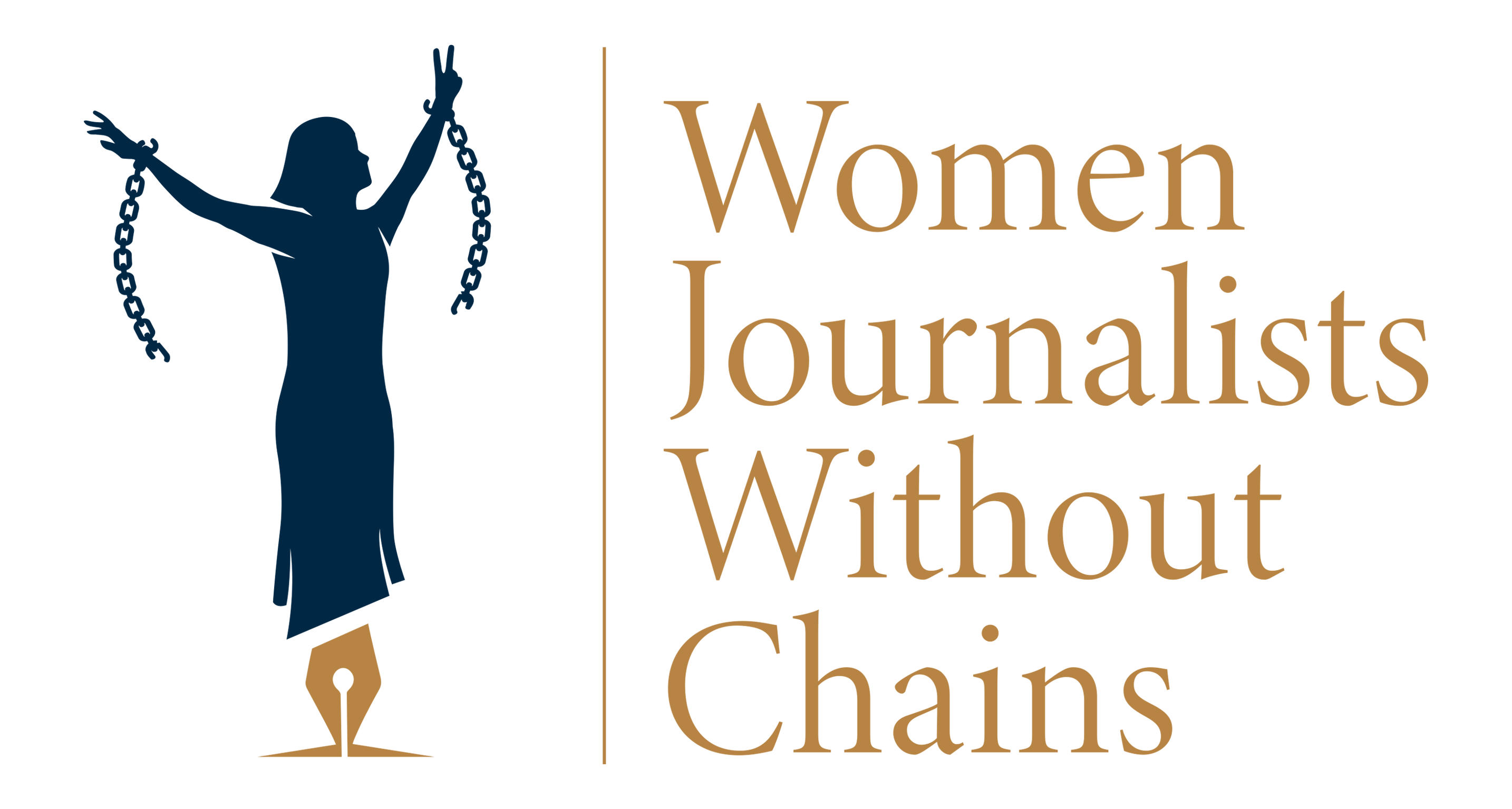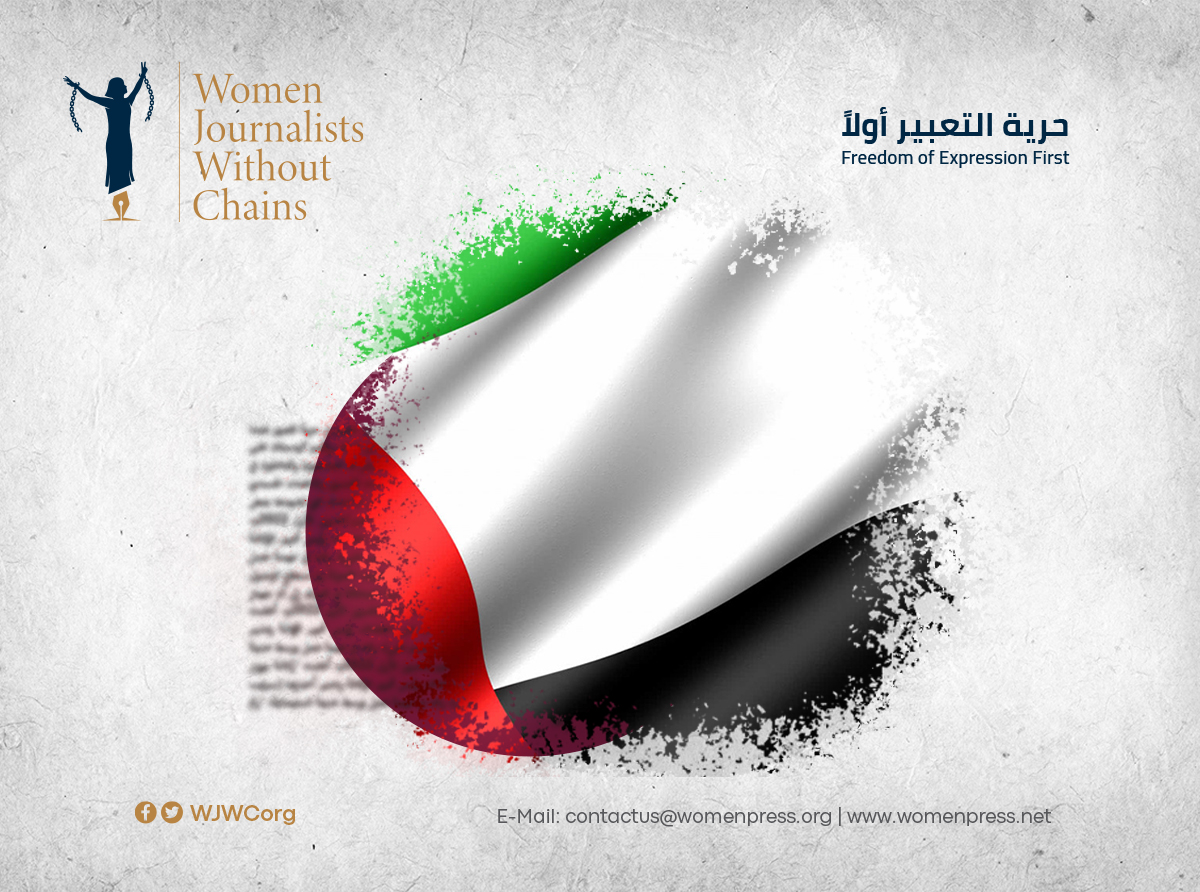Journalist Yahya Abdulraqeeb al-Jubeihi is suffering from serious health problems after being denied access to proper medical care in prison.
The IFJ has joined its affiliate the Yemeni Journalists Syndicate (YJS) in condemning his treatment and called on his captors to release him immediately so he can be properly treated. The IFJ and YJS also call for the immediate release of all imprisoned journalists in Yemen.
Al-Jubeihi’s family visited the journalist in detention and informed the YJS that he is bedridden and in poor health. The family told the union that the prison authorities did not afford him adequate health care or allow him to be transferred to a hospital to treat his condition.
Al-Jubeihi, 61, is a prominent figure in the Yemeni press, having written regularly for Saudi dailies Okaz and Al-Madina and other Yemeni newspapers as well as serving in the press department for former president Abedrabbo Mansour Hadi during the 1990s and 2000s. In September of last year, al-Jubeihi was arrested by Houthi security forces and accused of treason. After 8 months of detention he was sentenced to death by the Houthi Security Court on charges of spying for Saudi Arabia, which has led a military intervention in Yemen against the Houthi rebels since 2015.
“We are appalled at the treatment of Yahya Adbulraqeeb al-Jubeihim”, said IFJ Secretary General Anthony Bellanger. “The IFJ, YJS and the international community will make sure those responsible for his false conviction and treatment in detention will face justice for their terrible crimes. The constant targeting of journalist in Yemen is unacceptable and we call for all journalists currently imprisoned to be freed immediately”.
According to the YJS, almost 50 media violations including 8 abductions, 4 detentions, 2 arrests and 1 persecution occurred in Yemen in the first quarter of 2017 alone. 62% of these violations were perpetrated by the Houthis (29 cases) and 17% by security agencies affiliated to the government (8 cases).

 En
En  Ar
Ar 




